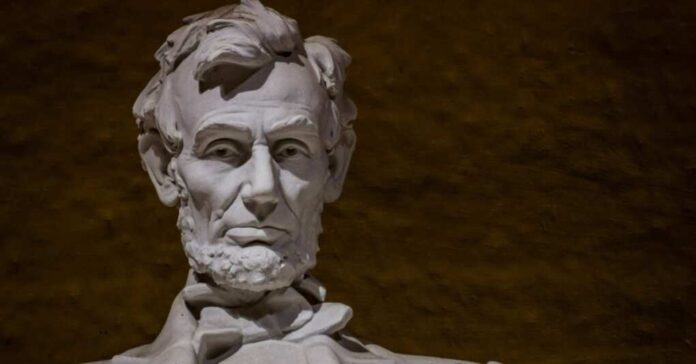
April 14, 1865, is a date forever etched in American history as the day President Abraham Lincoln was assassinated. But what many don’t know is that, hours before his tragic death, Lincoln signed legislation creating the United States Secret Service. No, not the agents in black suits who protect presidents today—back then, the agency was established for an entirely different purpose: to combat rampant counterfeiting of U.S. currency.
The irony is almost too much to bear. On the very day Lincoln laid the groundwork for a federal agency tasked with protecting the financial integrity of the nation, he fell victim to an assassin’s bullet at Ford’s Theatre. The Secret Service, in its original form, wouldn’t have done anything to prevent the tragic events of that evening. At the time, presidential security wasn’t even on the radar as a responsibility for the agency—or for anyone else, for that matter.
The creation of the Secret Service was a response to a crisis that often gets overshadowed in history books: counterfeiting. By the end of the Civil War, nearly one-third of all U.S. currency in circulation was fake. Counterfeiters weren’t just a nuisance; they were a direct threat to the fragile post-war economy. Lincoln, ever the pragmatist, recognized the need for a federal solution to this growing problem and authorized the formation of the Secret Service under the Department of the Treasury.
Tragically, Lincoln wouldn’t live to see the agency he created take shape. That same night, John Wilkes Booth carried out his infamous plot, leaving the nation mourning the loss of one of its greatest leaders. It wasn’t until much later—after two more presidential assassinations, those of James Garfield in 1881 and William McKinley in 1901—that the Secret Service was tasked with protecting the president. Today, that role is what the agency is best known for, but it wasn’t part of its original mission.
Looking back, it’s astonishing how little security surrounded presidents in Lincoln’s time. The idea of a dedicated protective detail didn’t exist. Lincoln, a man of the people, was known for walking the streets of Washington, D.C., often without any escort. His openness and accessibility were part of his charm, but they also made him vulnerable. The events of April 14th were a tragic reminder of the risks leaders face.
Lincoln’s foresight in addressing counterfeiting laid the foundation for an agency that would go on to play a pivotal role in American history. The Secret Service expanded its mission over time, eventually becoming synonymous with presidential protection. Today, it’s hard to imagine a world where the president doesn’t have a team of highly trained agents ensuring their safety. In a way, Lincoln’s last legislative act foreshadowed the need for such an institution, even if it wasn’t realized during his lifetime.
The story of Lincoln and the Secret Service is more than just an ironic footnote in history; it’s a reminder of how intertwined progress and tragedy often are. Even in his final hours, Lincoln was working to strengthen the nation he loved—a testament to his unwavering dedication. Though he couldn’t foresee the full impact of the agency he created, his actions ensured that future leaders would be better protected, and that the integrity of America’s financial system would remain strong.
As we reflect on Lincoln’s life and legacy, it’s impossible not to marvel at the layers of irony and tragedy in this story. The man who signed the Secret Service into existence, unknowingly laying the groundwork for presidential protection, became a martyr for the very democracy he sought to preserve. His vision and leadership continue to inspire, reminding us that even in the darkest moments, the seeds of progress are often sown.











